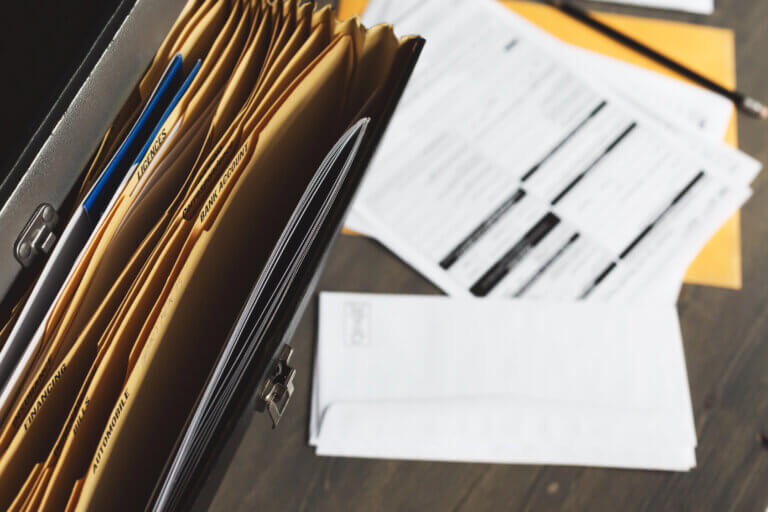Vermont’s January tax revenues ahead of targets to start year
Posted by by Timothy McQuiston, Vermont Business Magazine– State tax collections were solid last month as corporate taxes and motor vehicle receipts bounced back from December results and exceeded expectations. The sales tax, however, slumped against expectations.
Secretary of Administration Susanne Young today released Vermont’s revenue results for January 2020. General and Transportation Funds were above their target for the month while Education Funds were slightly lower than their respective target, with the sales tax being the principal culprit.
“Both the General Fund and Transportation Fund receipts were above the consensus forecast for January while the Education Fund revenues were slightly below expectation,”Young said.
General Fund revenues collected for the month totaled $178.71 million, 2.39% or $4.18 million above the monthly consensus revenue target, which has been updated to reflect the annual consensus revenue forecast adopted by the Emergency Board on January 16, 2020. Because this is the first month of results following the revised forecast, the year-to-date results for all funds equal the January monthly results.
The Transportation Fund was $0.82 million, or 3.75%, above expectations for the month, bringing in $22.63 million. Higher than anticipated collections in motor vehicle purchase and use taxes and motor vehicle fees offset underperformance in fuel tax collections. The fuel taxes have been an ongoing problem in recent years, as energy efficiencies have increased and electric and hybrid vehicles have become more popular.
Meanwhile, the increase in motor vehicle revenues suggests consumer confidence has increased as the economy continues to grow.
The Education Fund was -$0.17 million, or -0.29%, below its monthly target, having collected $58.46 million for the month. Higher than anticipated collections in motor vehicle purchase and use and rooms and meals taxes offset slight underperformance in sales and use tax collections.
The rooms and meals tax has been the most reliable broad-based tax since before the Great Recession hit in 2008 and is now used in part to help fund the state’s clean water mandate.
Young said, “While we are pleased with these results relative to our updated revenue forecast in January, no conclusions should be drawn based on one month of data, especially at the beginning of tax season. Tax receipts and refunds that occur through the end of April will provide a better indication of how we are likely to finish the fiscal year compared to forecast.”
For the full article as posted on the VBM website please click here.

